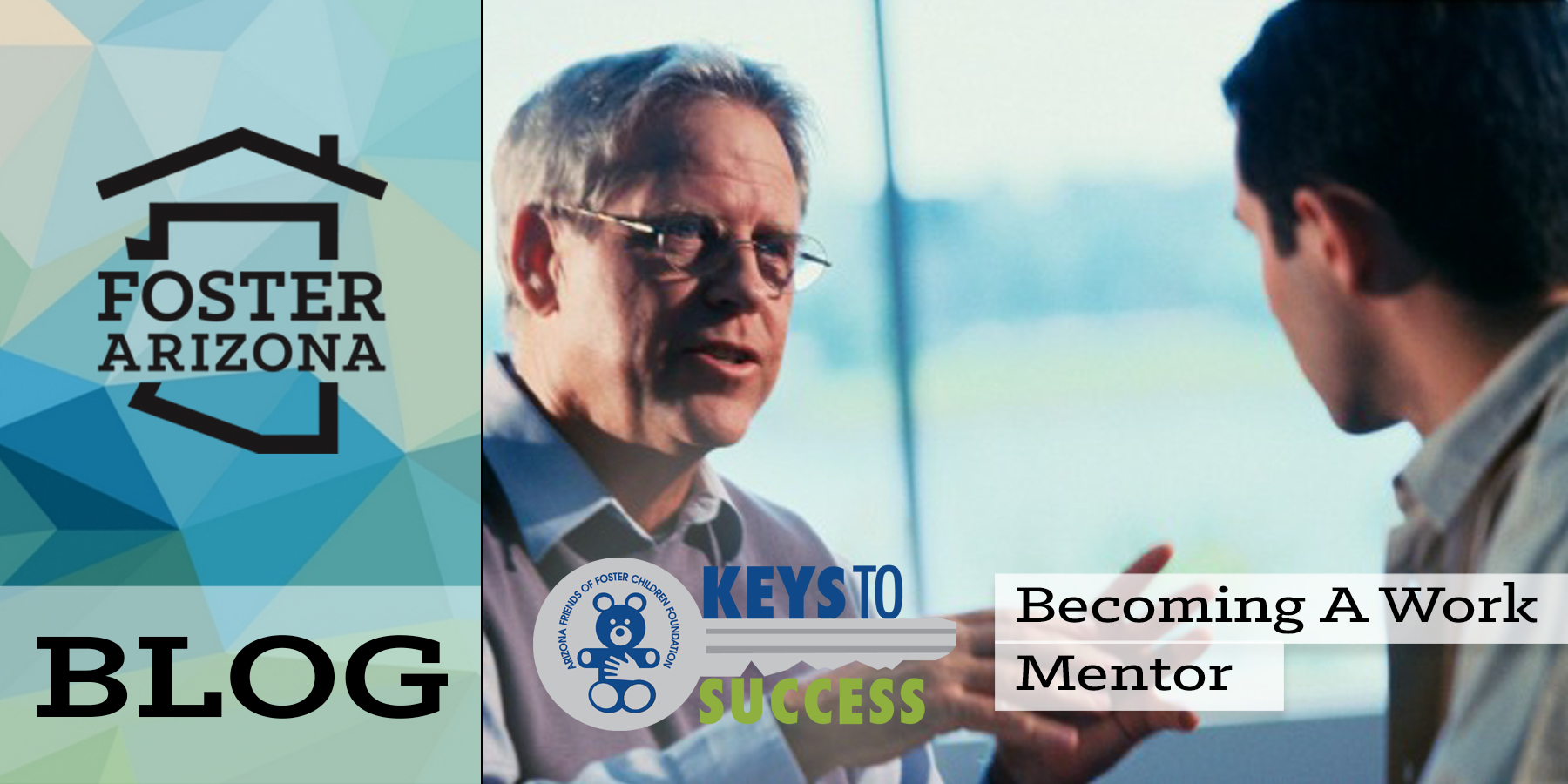Remember turning 18? The excitement and freedom you felt? Try to remember what you learned from your parents, what you were sure you knew, and what you learned over the next few years. Who did you learn the most from? In a typical situation kids at 18 have learned most of what they need from watching, interacting, and through the guidance of their parents, family and friends. Everything from cooking, grocery shopping, paying bills, obtaining a driver’s license, driving, maintaining a car, filling out college applications, applying for loans or scholarships, interviewing for a job, holding a job, managing credit, to scheduling doctor appointments, and lots more! Over the next couple of years, they continue to learn with a big safety net to fall back on if they end up in tough situations or trouble. They are lucky and have a community of family and friends to support them.
Now imagine turning 18 while living in a group home with 5-10 other teenagers and a rotating team of staff who are paid to take care of you instead of family and friends. You may not have a consistent adult to guide you through the many independent living skills you need to learn by the time you turn 18. Many teens in group homes don’t help with grocery shopping, don’t have their driver’s license, nor do they see the bills being paid. Many of the day to day interactions in a typical home are not part of a group home setting. This unfortunately leaves a gaping hole of experiences these teens have not learned before they turn 18. This is where you come in!
I became a career coach, or as I like to call it a life coach, 6 months ago. I meet with my kiddo (well she is 19 and no longer a kiddo!) once a week for an hour, or a couple times a month. We have been working together for 6 months and we have shopped for groceries, solved financial aid problems, reduced her credit card debt, discussed the importance of finding a new job before quitting your current job, practiced interview questions, solved parking ticket issues, signed up for cooking lessons, discussed health concerns, worked through friend and sibling struggles, reviewed English projects, and most of all encouraging her to stand up for herself and for what she deserves. In the beginning we met frequently and texted back and forth to work through ‘crisis’. We were reacting to events rather than being proactive. I am glad to say that today she is able to problem solve and manage her life in a proactive manner. This change in how she approaches life has made a big difference in her overall stress.
You can be a career coach too! I do not have children of my own, but we all have life skills and experiences we can share. Career coaching is a volunteer opportunity where you can take all of your experiences and knowledge and share it with an eager teen who will soon be joining our society. As little as a few hours a month can have quite an impact. A consistent, caring adult, who comes to spend time with them, who cares about them, teaches them, guides them, and answers their questions can alter their future. When you help a teen or young adult, not only do you affect change in their future, you affect the future of those around them.
Cariann Pafford
Career Coach
